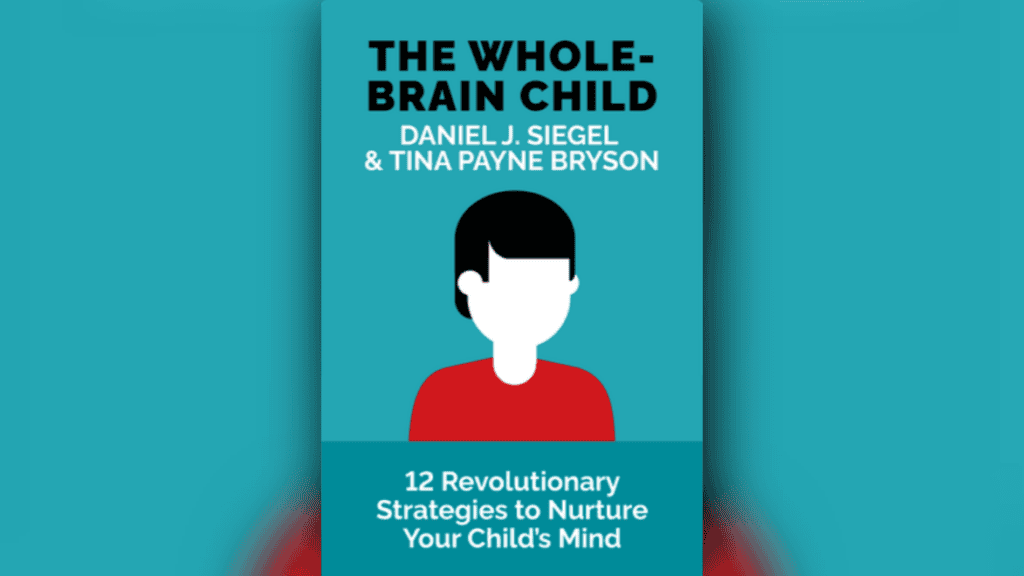Effective Discipline is an essential component of effective parenting, serving as the foundation for teaching children about appropriate behavior, responsibility, and consequences. Striking the right balance between guidance and freedom can be challenging for many parents, yet it is crucial for fostering a child’s growth and development. Fortunately, successful parenting books and the insights of seasoned professionals provide a wealth of knowledge on this subject, helping parents navigate the complexities of discipline with confidence and understanding. By adopting proven strategies, parents can create a nurturing environment that emphasizes respect, communication, and mutual understanding. This leads to fewer behavioral issues while strengthening the parent-child relationship.
1. Setting Clear Expectations
One of the cornerstones of effective discipline is setting clear expectations. Children thrive on structure and clarity, and when they know what is expected of them, they are more likely to meet those expectations. Clearly defined rules and boundaries provide a framework that helps children understand the consequences of their actions. Parents must communicate these expectations effectively; using simple, age-appropriate language ensures that children grasp the concepts being presented. Involving children in setting household rules teaches leadership skills while fostering responsibility.
Successful parenting books, such as « The Whole-Brain Child« by Daniel J. Siegel and Tina Payne Bryson, emphasize the importance of establishing boundaries. For instance, they suggest involving children in the process of creating rules, which fosters a sense of ownership and accountability. An example could be discussing household chores together and agreeing on specific responsibilities. When children have a role in setting expectations, they are more likely to adhere to them, leading to a harmonious home environment where each person’s needs are considered. Clearly communicating rules from an early age also ensures consistency as children develop.

2. Consistency is Key
Consistency in discipline is vital for effective parenting. Children need to know that rules are not arbitrary and that there are predictable consequences for their actions. When parents consistently enforce rules and follow through with consequences, children learn to associate their behavior with the outcomes. This predictability fosters a sense of security and helps children internalize the values being taught. Maintaining consistency requires patience, as parents or children will inevitably encounter testing situations. However, over time consistency results in mutual understanding and respect between parent and child.
Maintaining consistency can be challenging, especially when parents face external pressures or varying opinions from caregivers. To help ensure consistency, professionals often recommend developing a family discipline plan that outlines expectations, consequences, and rewards. Regular family meetings to review this plan can also be beneficial, as they encourage open dialogue and allow parents to adjust strategies as needed. Such discussions provide an opportunity to get children’s input in a constructive manner. By following through with consequences, parents demonstrate their commitment to the established rules, reinforcing the importance of accountability.
3. Positive Reinforcement
Utilizing positive reinforcement in discipline is an effective strategy for encouraging desired behaviors. Rather than solely focusing on punishment for misbehavior, recognizing and rewarding good behavior can lead to lasting change. Positive reinforcement fosters a supportive environment where children feel valued and motivated to meet expectations. It also strengthens the emotional connection between parent and child.
Parents can praise their children for specific behaviors, such as completing chores or demonstrating kindness to others. For example, when a child helps a sibling with homework, a simple acknowledgment like, « I appreciate how you helped your brother today. That was very kind of you, » can reinforce positive behavior. Successful parenting books like « The Power of Positive Parenting » by Glenn Latham highlight the transformative effects of positive reinforcement, encouraging parents to create a reward system that celebrates achievements, no matter how small. This approach not only builds self-esteem but also strengthens the parent-child relationship through encouragement.
4. Communication and Connection
Effective discipline is rooted in strong communication and connection between parents and children. Open, honest dialogue lays the groundwork for understanding and cooperation, making discipline more effective. When parents actively listen to their children’s thoughts and feelings, children feel respected and understood, which enhances their willingness to comply with expectations.
To foster open communication, professionals recommend setting aside regular time for one-on-one interactions with each child. This dedicated time allows children to express themselves freely, and parents can model effective communication strategies. Active listening involves making eye contact, rephrasing ideas to check understanding, and asking open-ended questions. Additionally, discussing feelings around discipline—whether it’s frustration or disappointment—can help children understand the rationale behind rules and consequences in a supportive manner. Communication works both ways, and parents should be receptive to children’s perspectives as well. By establishing a foundation of trust and connection through respectful dialogue, parents create an environment where discipline becomes a collaborative effort rather than a punitive experience.
Conclusion
In conclusion, effective discipline in parenting hinges on several key strategies: setting clear expectations, maintaining consistency, utilizing positive reinforcement, and fostering open communication and connection. By integrating these insights from successful parenting books and professional advice, parents can cultivate a nurturing environment that promotes responsible behavior and emotional growth. Consistently applying a balanced approach incorporating all elements will yield the best results.
To further enhance your parenting journey, consider exploring resources like « How to Talk So Kids Will Listen & Listen So Kids Will Talk » by Adele Faber and Elaine Mazlish, which offers practical communication strategies for parents. Embrace these strategies and equip yourself with the tools needed to guide your children toward becoming respectful, responsible individuals. Remember, the journey of parenting is filled with learning opportunities—both for you and your children. Let’s embark on this rewarding journey together with a desire to understand each other fully.




































Thank you for your sharing. I am worried that I lack creative ideas. It is your article that makes me full of hope. Thank you. But, I have a question, can you help me?